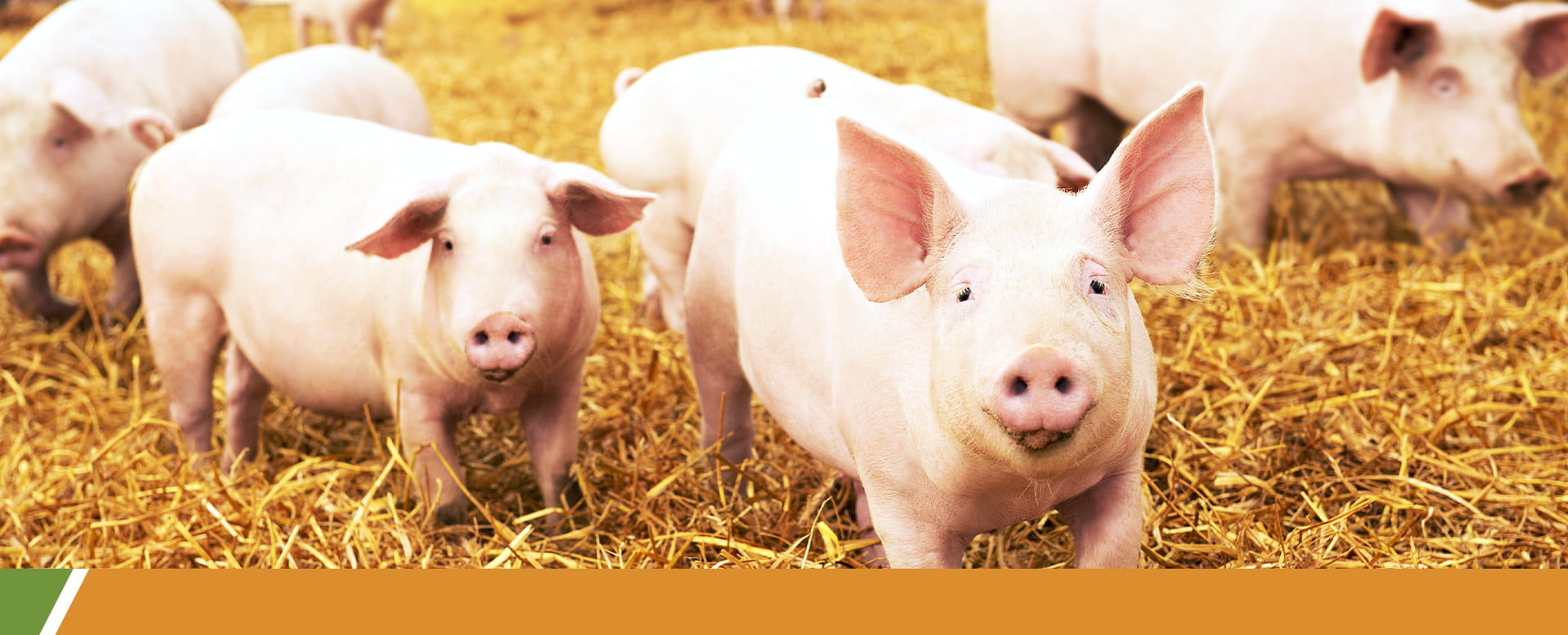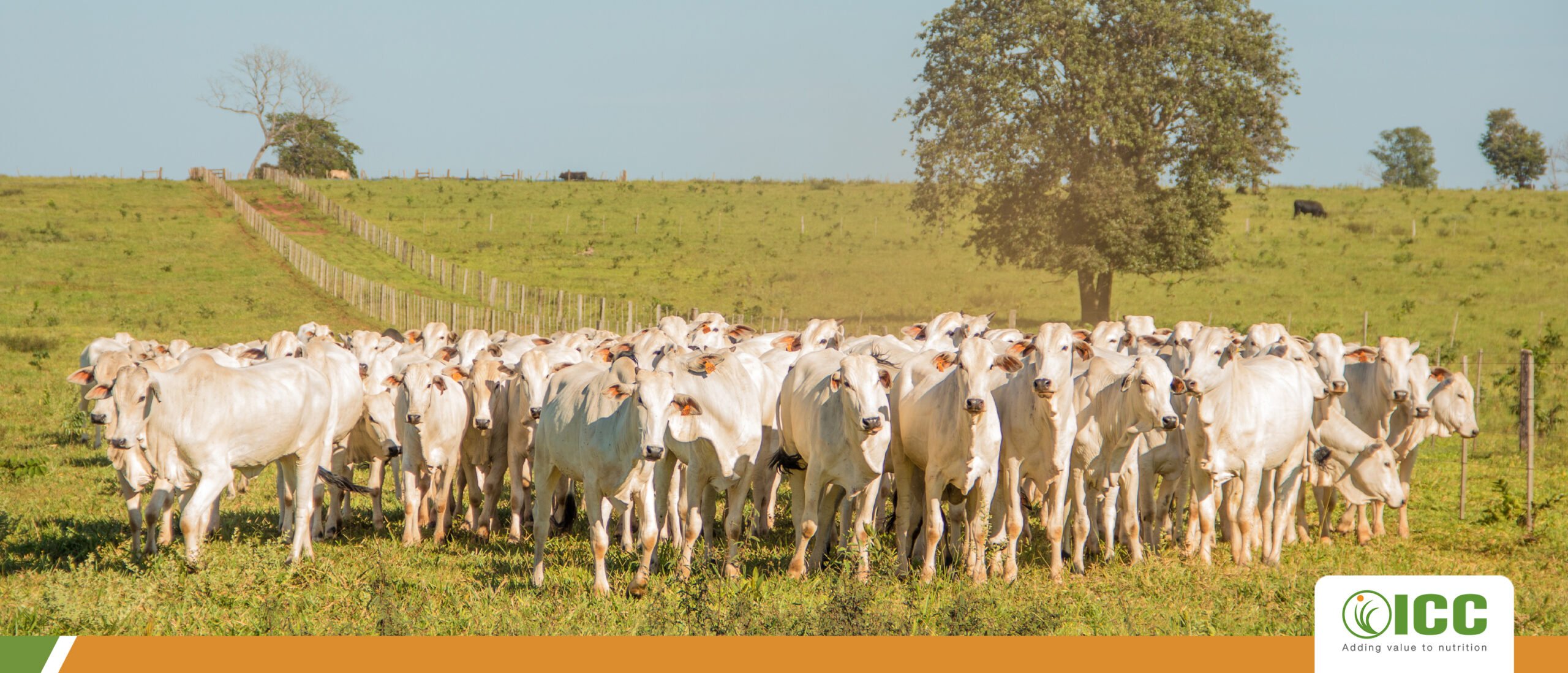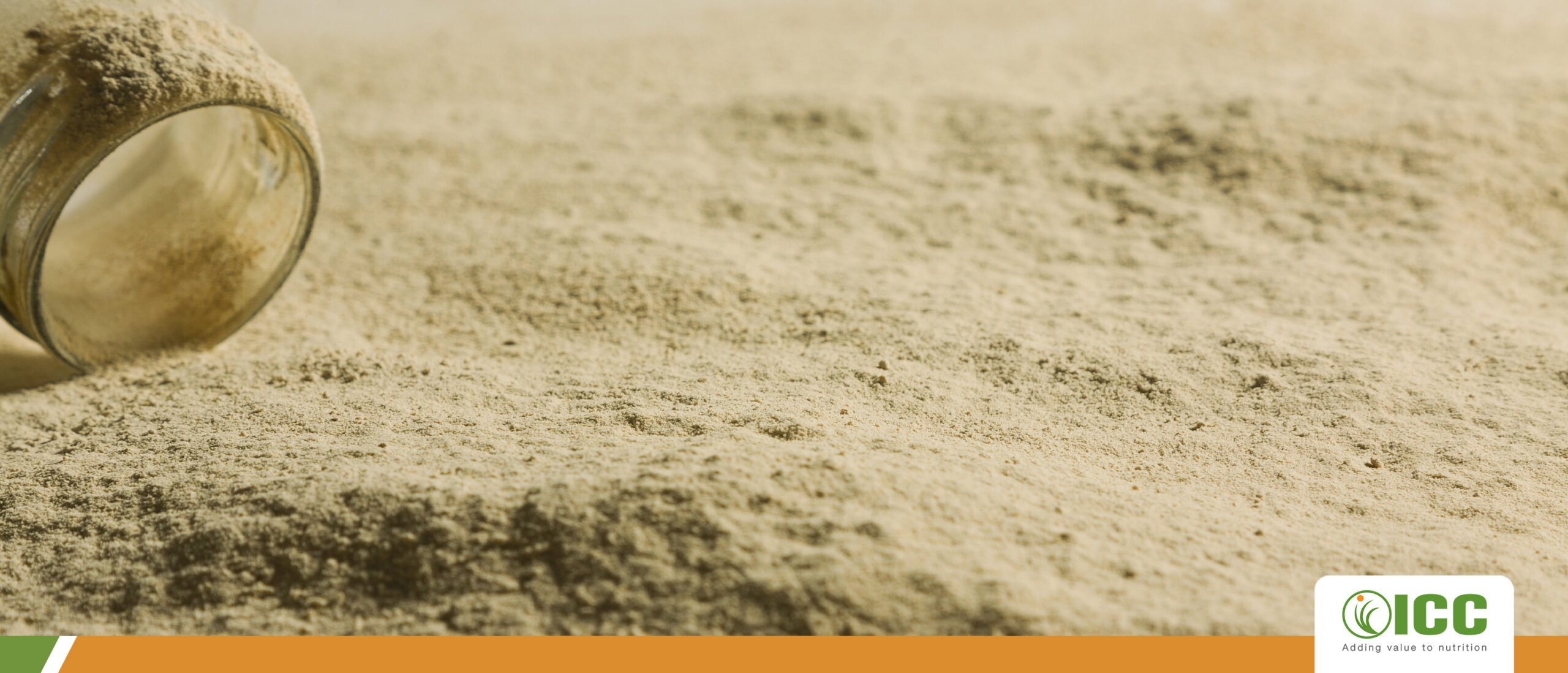Improper disposal of yeast may contaminate the environment
Do you know what yeast is? Did you know that incorrect disposal can contaminate the environment? Yeast is a microorganism belonging to the kingdom of fungi, such as mold and mushrooms. It can be used in alcoholic fermentation and is a byproduct resulting from the fractional distillation of fermented sugarcane juice to obtain ethyl alcohol. Fermentation in the mills leaves a waste product known as vinasse; a dark substance that is a source of protein and nutrients.
However, incorrect disposal of this waste may contaminate the soil and rivers close to plants. For every liter of alcohol produced, about 30 grams of dried yeast is left over. It may seem little, but if you consider the total volume of alcohol production in Brazil, which is estimated to be 33.1 billion liters in 2019, the plants have a large environmental responsibility.
“The environment’s ability to naturally break down waste from industrial processes cannot match the speed and quantity at which it is produced. In addition to the ecological imbalance, this causes the contamination of soil, rivers, and groundwater. Thus this waste product is not simply a protein, and in large quantities increases the presence of unwanted bacteria,” says Sidmeire Oliveira, Quality Coordinator at ICC Brazil, a pioneering company which creates innovative solutions for animal nutrition, based on yeast additives.
ICC Brazil is a sustainable company; in its production process, it uses byproducts from industries in the sugar and alcohol sector. “From this material, we extract the yeast which is used in our animal nutrition. Responsible disposal creates a balanced culture. If you have a by-product rich in properties and offering an excellent solution for animal nutrition, why not take advantage of it?” Oliveira asks.
The company has partnered with about 20 plants supplying yeast, which guarantee the delivery of products to customers, supplying the animal nutrition market with a protein of high-functional value and preventing improper disposal in the environment. ICC Brazil produces an average volume of 65,000 tons/year of yeast, and 70% of its production is intended for the international market, to serve large customers.
Posted in 16 August of 2019


